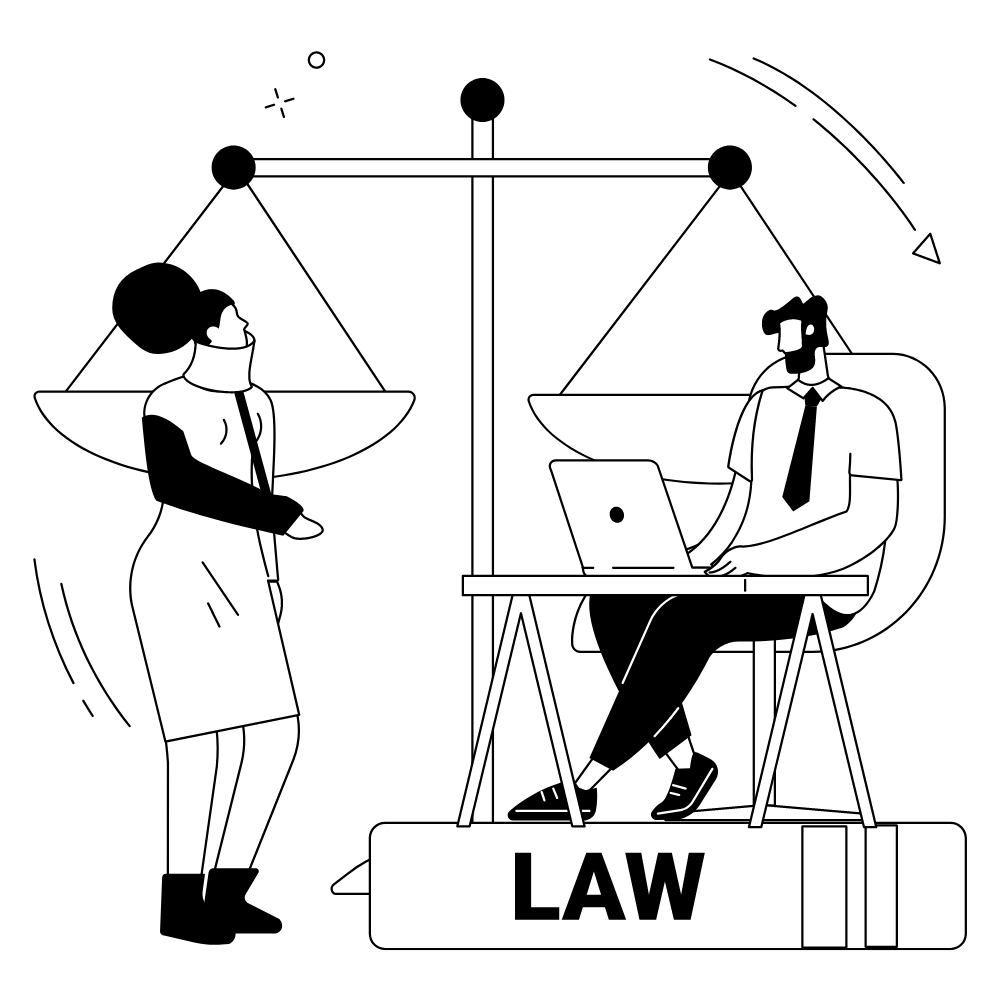Topics include:
-
CVAA legislative history
-
Entities and types of programming that are affected or exempted
-
FCC's position on video clips
-
Captioning requirements and deadlines
-
Standards for caption quality, formats, style, and end-user control
Download the Guide:

The CVAA was passed in 2010, modernizing and broadening a string of laws passed in the 1980s and 1990s that were designed to ensure that TV and telephone services were accessible to people with disabilities. The Federal Communications Commission (FCC) enforces compliance with the CVAA and clarifies the law when necessary. The CVAA requires that video programming that is closed captioned on American TV is also closed captioned when distributed via Internet protocol (IP). This does not include programs shown only on the Internet.
These requirements are increasingly necessary with the rise of online video delivery. A Pew Research study found that 61% of young US adults use online streaming services as their primary source of TV. This rising generation of viewers is “cutting the cord” of traditional satellite and cable TV services in favor of online streaming.
A Full Service Media Accessibility Solution
3Play Media is an integrated media accessibility platform with patented solutions for closed captioning, transcription, live captioning, audio description, and localization. 3Play is a thought leader in video accessibility, and is committed to providing free, educational resources like this one.




